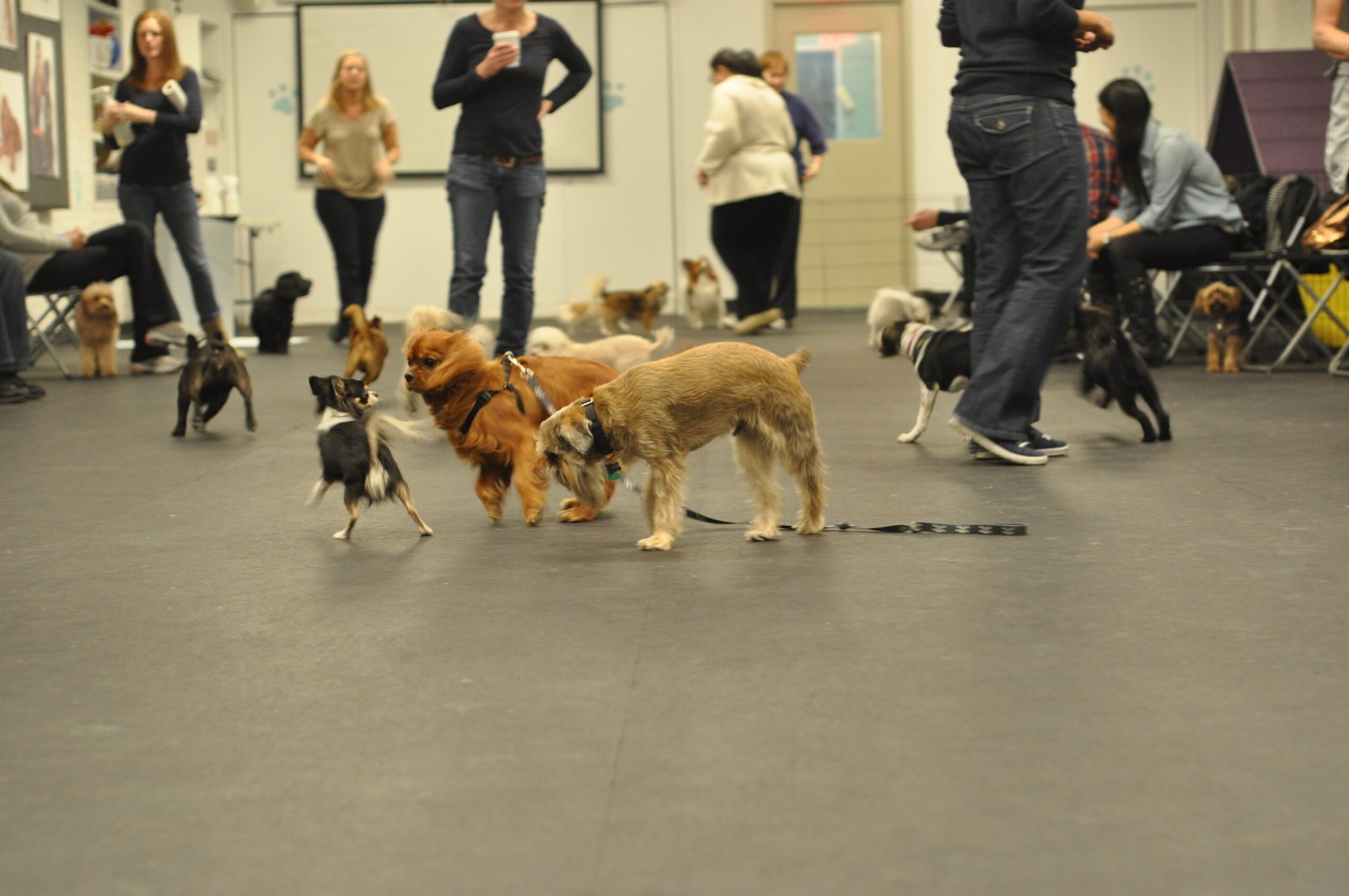Are you the proud parent of a pint-sized pooch? Small breed dogs might be tiny in size, but their personalities are absolutely gigantic! From the feisty Chihuahua to the playful Pomeranian, these furry friends can fill a home with love, laughter, and a little bit of mischief. But taking care of a small dog is a whole different ball game compared to their larger cousins. They have unique needs, quirky habits, and even some surprising health considerations. Curious about how to give your dog the happiest, healthiest life possible? Let’s dive into ten must-know tips that every small dog owner should have up their sleeve!
Feed the Right Food for Little Tummies
Small dogs have fast metabolisms and tiny stomachs, so their nutrition needs to pack a punch without overloading their bellies. Choose high-quality dog food designed specifically for small breeds. These formulas usually have smaller kibble that’s easier to chew and digest. Avoid giving them human food scraps, as even a little bit can quickly lead to weight gain or upset stomachs. Keep portion sizes in check—what seems like a small treat to us can be a big deal for a little dog. Regularly check with your vet to make sure your dog’s diet is meeting all their nutritional needs. Try to feed them on a predictable schedule each day; small dogs thrive on routine. And always, always make sure fresh water is available!
Exercise: More Than Just a Walk in the Park
Don’t let those tiny legs fool you—small dogs often have buckets of energy! They may not need hours-long hikes, but they do love short, frequent bursts of play and activity. Daily walks help keep their minds sharp and bodies fit. Toys that encourage chasing, tugging, or problem-solving are perfect for keeping them entertained indoors. Training sessions with simple commands can double as mental exercise, which is just as important as physical play. Remember, a bored small dog can quickly become a mischievous one! Even if you live in an apartment, a game of fetch down the hallway or a puzzle toy can do wonders. Just be mindful of their size; avoid rough play to prevent injury.
Embrace Regular Grooming Sessions
Small breed dogs often have delicate coats that require special care. Whether your pup has long, flowing locks or a short, smooth coat, regular grooming is a must. Brushing helps prevent mats and tangles, especially in breeds like Shih Tzus or Yorkshire Terriers. Bathing should be done as needed, but not too often, to avoid drying out their sensitive skin. Pay close attention to their nails, as overgrown claws can quickly lead to discomfort or injury. Many small dogs also need their ears cleaned regularly to prevent infections. Make grooming sessions fun and positive with treats and praise, turning them into quality bonding time. A clean dog is a happy dog—and a happy owner, too!
Master the Art of Dental Care
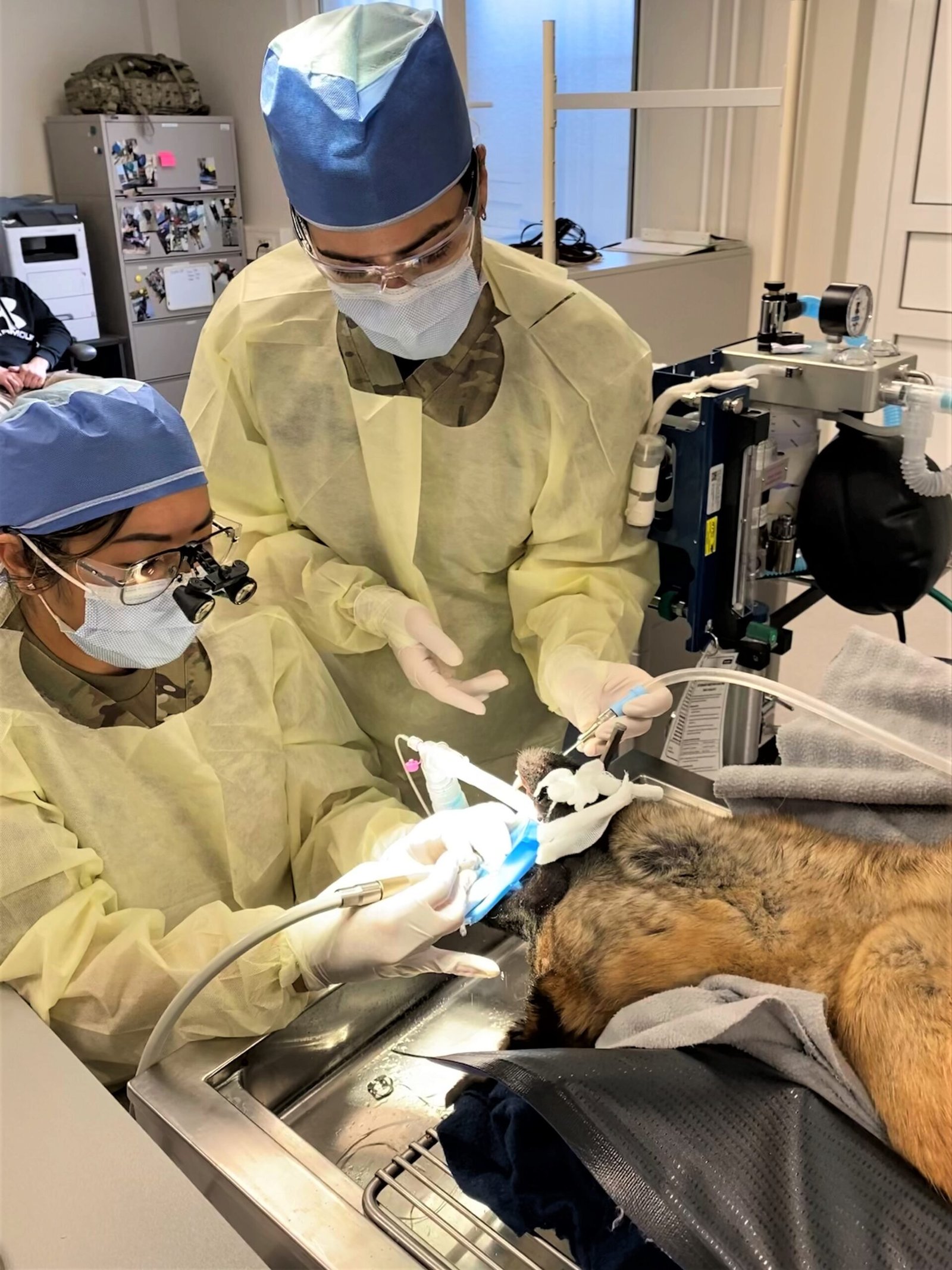
It’s shocking how quickly dental issues can sneak up on small dogs. Their tiny mouths are packed with teeth, making them more prone to plaque, tartar, and gum disease. Brush your dog’s teeth daily with a pet-safe toothpaste. Dental chews and toys can help reduce buildup, but they’re not a substitute for brushing. Schedule regular dental checkups with your veterinarian to catch any problems early. Bad breath in small dogs isn’t just unpleasant—it might be a sign of something more serious. Make dental care a regular routine, and your dog will thank you with plenty of fresh kisses. Remember, a healthy mouth keeps your whole dog healthier!
Socialization: Big World, Little Dog
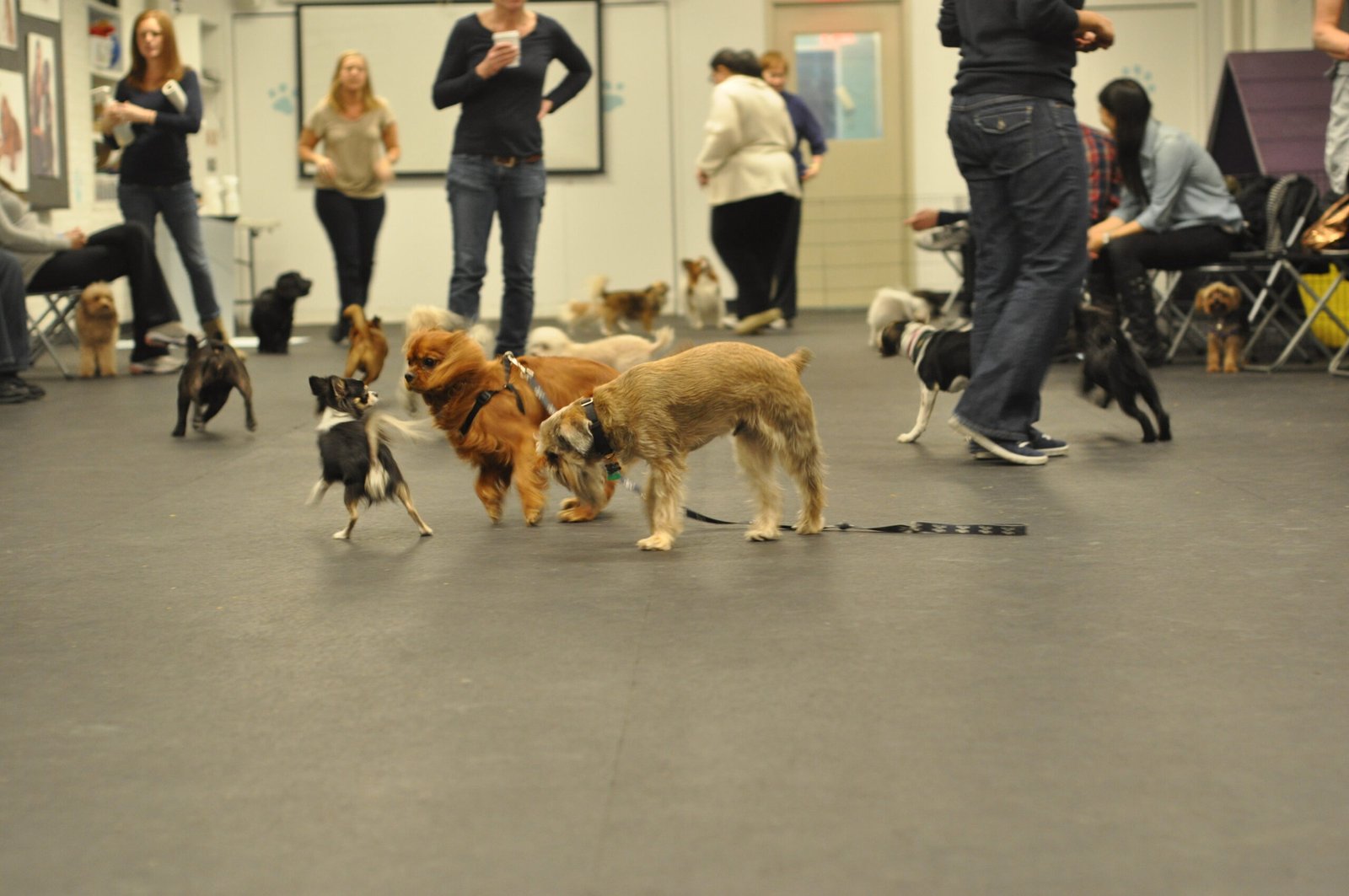
Small dogs often have big attitudes, but the world can feel like a scary place to them. Socialization is crucial for building confidence and preventing fear-based behaviors. Expose your dog to a variety of people, pets, sights, and sounds from a young age. Arrange playdates with other friendly dogs, especially those of similar size. Take your dog on adventures—car rides, cafes, or pet-friendly stores. Use treats and gentle encouragement to create positive associations with new experiences. The more your dog sees and hears in a safe way, the less likely they are to become anxious or snappy. A well-socialized dog is happier, more relaxed, and a joy to be around.
Stay on Top of Regular Vet Visits
Tiny dogs aren’t immune to health issues—if anything, they can be more vulnerable due to their size. Schedule yearly checkups with your veterinarian, even if your dog seems perfectly healthy. Small breeds are prone to certain conditions like dental disease, luxating patella, heart problems, and collapsed trachea. Early detection is key to managing these issues before they become serious. Keep up with vaccinations, flea and tick prevention, and regular deworming. Your vet can also help you monitor your dog’s weight and overall condition. Don’t wait until your dog is sick to visit the vet—preventive care is the best medicine!
Provide a Safe and Cozy Living Space
Little dogs can get into big trouble if their environment isn’t safe and comfortable. Make sure your home is “dog-proofed” by keeping small objects, toxic plants, and foods out of reach. Provide a cozy bed or crate where your dog can retreat and feel secure. Avoid leaving your dog unattended in high places like beds or sofas, as even a small jump can cause injury. Use baby gates to block off dangerous areas, and always supervise your dog around open doors or balconies. Consider their size when choosing toys and accessories—everything should be appropriately scaled. A safe home is a haven where your dog can truly relax and thrive.
Watch for the Warning Signs of Health Problems
Small dogs are experts at hiding pain, so you need to be extra observant. Watch for changes in eating, drinking, or bathroom habits. Limping, excessive scratching, coughing, or sudden lethargy should never be ignored. Pay attention to subtle signs like hiding, shaking, or changes in how your dog interacts with you. Sometimes, these tiny signals are the first clue that something isn’t right. Trust your instincts—if you sense something is off, don’t hesitate to call your vet. Early action can make all the difference in keeping your dog healthy and happy for years to come.
Keep Their Minds Sharp and Spirits High
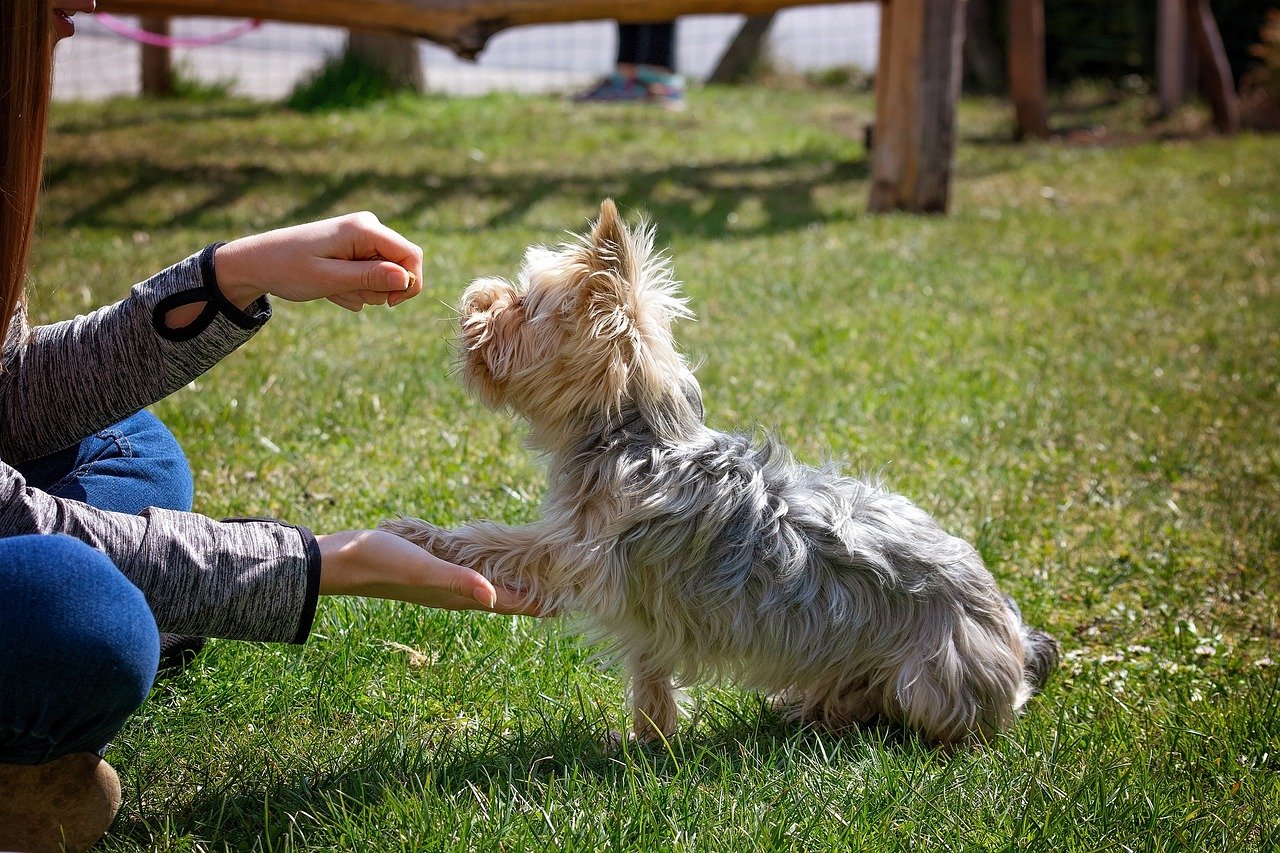
Mental stimulation is just as important as physical exercise for small dogs. These clever pups love games that challenge their brains, such as treat puzzles or hide-and-seek. Teach them new tricks or rotate toys to keep things fresh and exciting. Even a short training session each day can help prevent boredom and destructive behaviors. Small breed dogs often form strong bonds with their humans, so regular play and interaction are essential for their emotional well-being. Celebrate their successes with treats and affection. A dog who feels loved and mentally engaged will reward you with endless loyalty and joy.
Shower Them with Love—But Set Boundaries
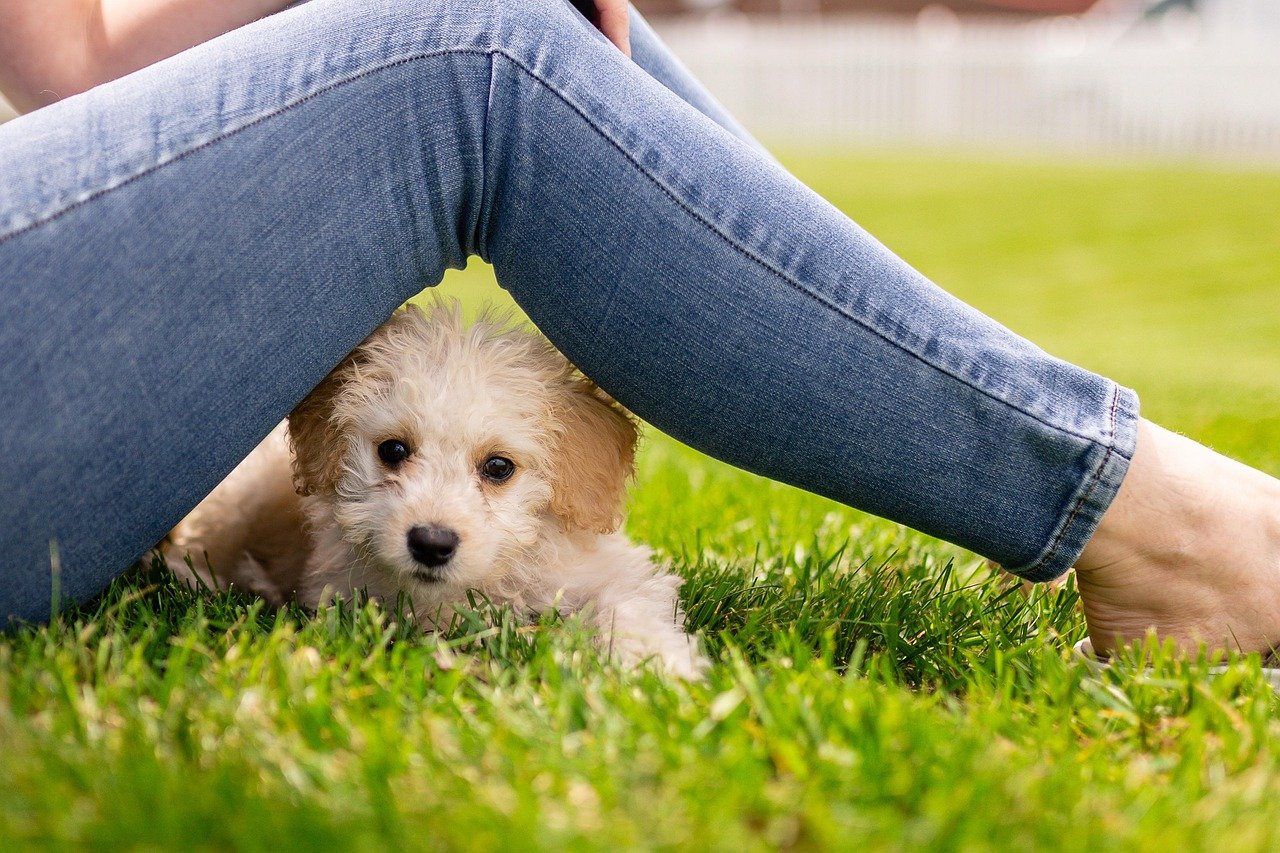
It’s all too easy to spoil a small dog—they’re just so cute! But it’s important to strike a balance between affection and structure. Shower your dog with love, cuddles, and positive attention, but also set clear boundaries and rules. Don’t let your dog get away with behaviors you wouldn’t accept from a larger pet, just because they’re small. Consistent training and gentle discipline help your dog feel secure and understand what’s expected. Remember, you’re your dog’s leader and protector. By giving them both love and guidance, you’ll help your little friend feel safe, confident, and truly happy.

Born and bred in South Africa, a Capetonian at heart. Amy-Leigh’s love for nature and animals was inherited from her Dad. He loves taking the family on road trips to experience nature at its finest; Amy-Leigh’s favourite being whale watching in Hermanus and spotting Kudu along the West Coast. Amy-Leigh holds a BA in English Literature and Communication Studies.

